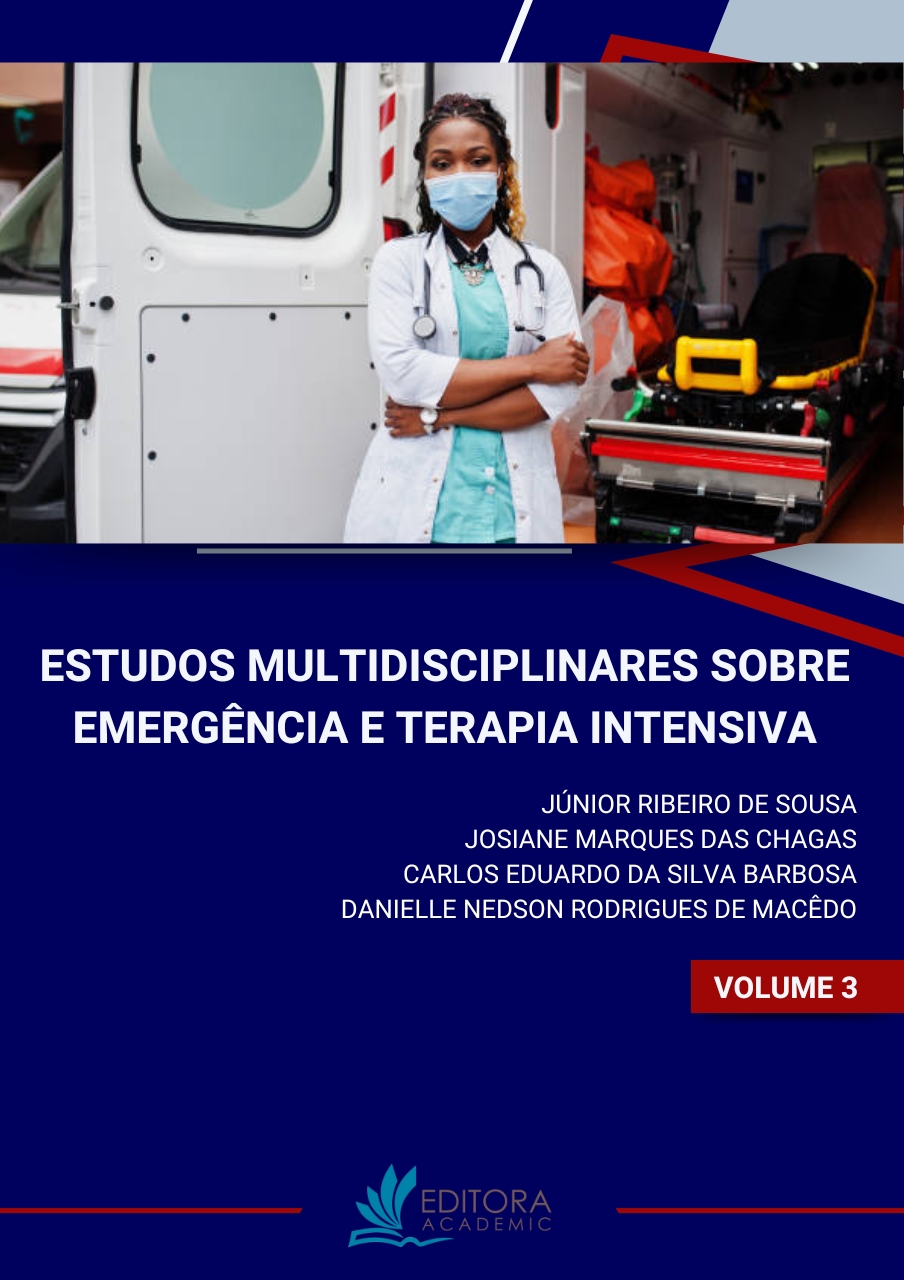
Introdução: A ventilação mecânica é um tratamento para aqueles indivíduos que apresentam alguma patologia causando insuficiência respiratória aguda ou exacerbada. Objetivo: Investigar a relação entre a potência mecânica aplicada durante a ventilação mecânica e o desenvolvimento de lesão pulmonar, visando contribuir para uma melhor compreensão dos fatores causadores de lesão pulmonar associados ao suporte ventilatório. Metodologia: Realizou-se uma revisão integrativa da literatura, com busca de descritores no DeCS/MeSH. Selecionados os descritores, a coleta de artigos foi realizada nas bases de dados que incluíram PubMed, Scielo, PEDro e BVS. Os critérios de inclusão nesta revisão foram ensaios clínicos randomizados e controlados, publicados nos últimos 10 anos, e disponíveis na íntegra nos idiomas português, inglês e espanhol. Artigos duplicados e indisponíveis na íntegra foram removidos da análise. Resultados: A potência mecânica mostra-se como uma das causas de danos e inflamações no parênquima pulmonar, isso se dá porque ela pode exercer uma força excessiva sobre esse tecido. Quanto mais alta se encontra a PM maior o tempo de estadia na UTI e maior o tempo de VM. Conclusão: O profissional deve ser capaz de analisar os mais diversos parâmetros da VM garantindo que o paciente não desenvolva a lesão pulmonar induzida pelo ventilador. Assim como, pode-se utilizar de outras estratégias como o modo de ventilação adaptativa com minimização automatizada da potência inspiratória (AVM2) mostrou-se uma alternativa eficaz como uma ventilação protetora.